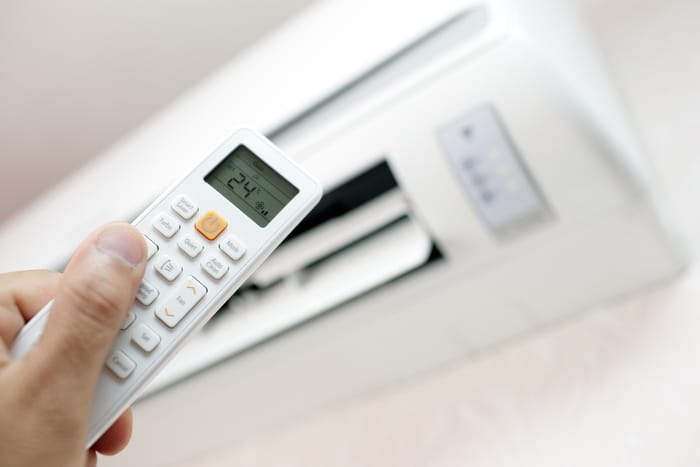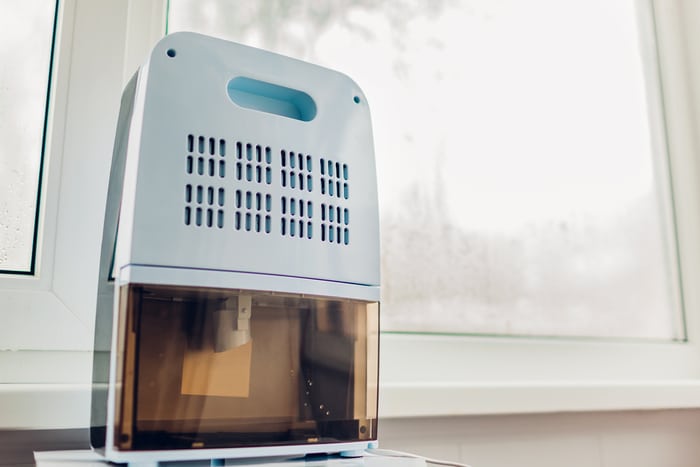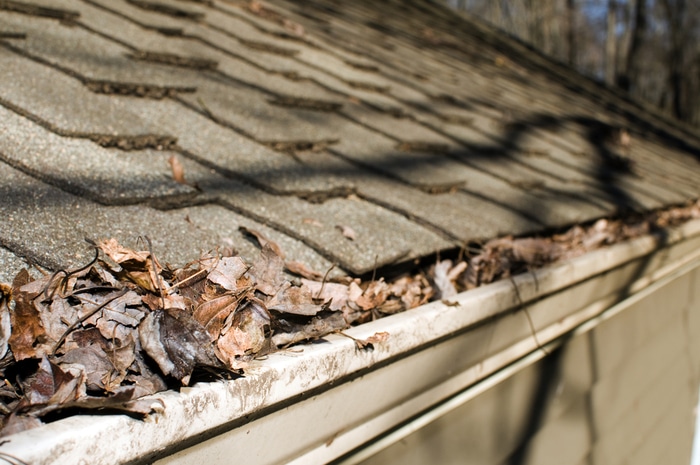Do you keep asking yourself whether your Air Conditioner can double as a dehumidifier?
That’s a great question! Air Conditioners are one of the most expensive appliances out there, so it makes sense that you’d want to make the most out of yours.
Humidity within your home should stay below a certain percentage, so you’ll always want to focus your efforts on making sure that it’s not present in large amounts. But how exactly can you go about it?
Well… look for answers no more. Below, you’ll find a small piece with all the information you’re looking for, as well as useful tips you might not know.
I’ll walk you through how an Air Conditioner dehumidifies, whether it can replace a dedicated dehumidifier, and also throw in some best practices to guarantee that your appliance will run efficiently and for a long time.
Keep reading for a damp-free home!
How Do Air Conditioners Dehumidify?
This is likely the first question you want to be answered, and I don’t blame you. Air Conditioners are fascinating pieces of equipment that deliver great results but remain a mystery to most in terms of how they actually work.
If you’re already well-versed in these appliances’ processes, feel free to move on to the next section. But if not, please read on, as you’re about to acquire some useful knowledge.
In a nutshell, Air Conditioners dehumidify the air by pulling it inside the unit and passing it through what is known as evaporator coils. These make the humidity in the passing air condense, causing droplets of water to fall into a tray inside the appliance that leads to the outside world.

This continuous process will keep removing excessive moisture from your living spaces for as long as the appliance runs, so technically, it is possible to use an Air Conditioner as a dehumidifier. However, will it do a better job than an appliance aimed specifically at this goal?
Read on to find out!
Can an Air Conditioner Replace a Dehumidifier?
As you might have guessed, in terms of removing excess moisture from your living spaces, a dedicated dehumidifier will do a better job than an Air Conditioner – but only if it’s working properly. There are many reasons behind this, but the simplest one is that, while one appliance is specifically designed for this, the other only offers the feature as a bonus.
Air Conditioners are, and always will be mainly a cooling solution over anything else.

According to the EPA (Environmental Protection Agency), humidity in homes located in areas where the external temperature is above 20 degrees Fahrenheit (-6.67 degrees Celsius) should be 35% or less. This might be harder or easier to achieve depending on every person’s case, but if your home falls within this range and the humidity percentage is higher, a dedicated dehumidifier is necessary.
Best Practices
Now that you know whether you can use your air conditioner as a dehumidifier and when you should look into a dedicated appliance, let’s cover some best practices that can help reduce excessive moisture in your home.
Implementing these can yield great results and maybe even eliminate the need to use anything other than your AC to lower humidity.
1. Dry your clothes outside:
While using your trusty tumble dryer can save you a lot of time and effort, it can also contribute to moisture buildup inside your home. The appliance is designed to prevent this, but in most cases, it can’t keep 100% of the moisture from your clothes from staying indoors – especially on cold surfaces.
2. Take colder showers:
Showering under steaming water at the end of a long day is relaxing and quite pleasant, but it can contribute to excessive humidity accumulating inside your home. I’m not saying that your showering sessions should feel like jumping into the Antarctic sea from now on, but even lowering the water temperature a few degrees can have a great impact on this.
3. Clean your gutters often:
Rain is always welcome during droughts and sweltering days, but it can also cause a lot of issues. Your home’s gutters are not only there to prevent water buildup from causing your roof to cave in, but also to prevent leaking.

Letting your gutters get obstructed can leave you with excess water puddles that sooner or later will find their way into your home. This can contribute to moisture buildup and excessive humidity. Ideally, you’ll want to clean your gutters at least twice a year. However, if you live in an area surrounded by trees, you might have to do this more often, as leaves can create problems continuously.
4. Get dehumidifying pellets:
If your in-home humidity percentages are slightly above the recommended limit, using your Air Conditioner as a dehumidifier along with store-bought moisture-absorbing pellets can go a long way. This product is much cheaper than an actual dehumidifier and can be bought at nearly any hardware store.
5. Crack your windows open:
Proper ventilation is crucial to preventing excessive humidity in your home. By opening your windows ever so slightly, you can easily combat this issue.
Conclusion
That about sums it up.
Using your Air Conditioner as a dehumidifier is not only possible but also quite effective when you don’t have other alternatives to combat excess moisture.
I hope this piece has helped you better understand in which scenarios you can get away with relying solely on this appliance, and when you’ll need to get an additional solution for the situation. In most cases, combining your AC unit with simple actions, such as cleaning your gutters frequently, is more than enough to keep humidity in check.
Thank you so much for sticking with me all the way to the end. If this article answered your most burning questions and left you wanting more, you’ll be happy to know that there are several resources you can keep learning from below.
On the site, you can find all sorts of solutions for common appliance issues, such as a noisy dehumidifier, or a range hood that’s blowing fuses.
Have a wonderful week!
— Craig.






